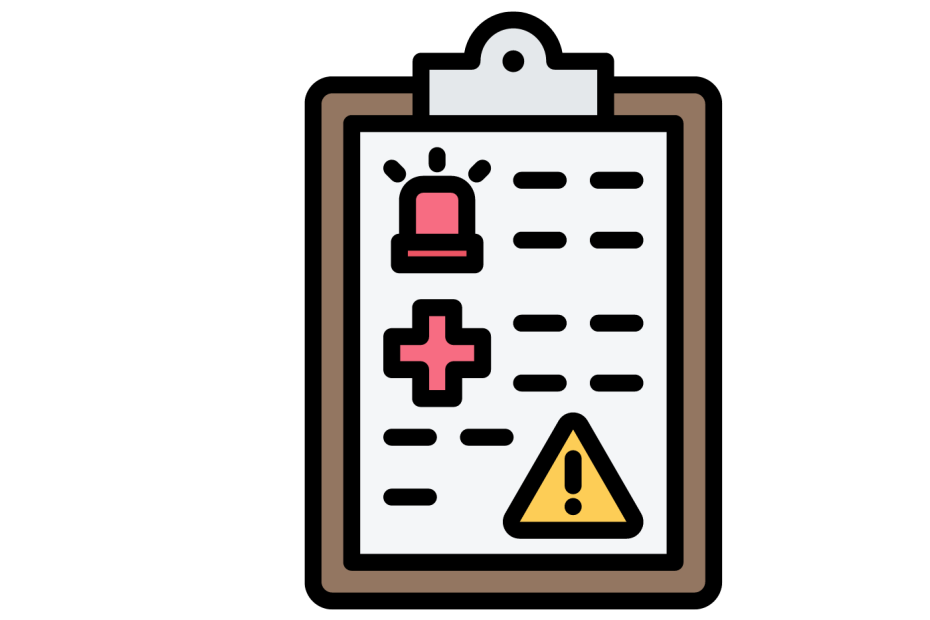In an ideal world, emergencies would never occur. In reality, they are an inevitable part of life. For Homeowners Associations (HOAs), the stakes are high—emergencies can affect not just individual homes but entire communities. That’s why preparedness is not just recommended; it’s a responsibility. An HOA emergency plan is a blueprint for action that can mean the difference between harm and safety, panic and calm. Here’s a comprehensive checklist for HOAs to prepare communities for emergencies.
Assessing the Risks
Identify and Understand Threats: Start by identifying potential emergencies. These can range from natural disasters like earthquakes, hurricanes, and wildfires, to man-made crises such as power outages or chemical spills. Understanding these risks is the first step in creating a tailored emergency plan.
Establishing Communication Protocols
Develop a Communication Plan: In an emergency, communication is critical. Establish a reliable system to contact residents, which could include phone calls, text messages, emails, or even door-to-door alerts in a power outage.
Emergency Contact Directory: Maintain a directory of emergency contacts, including local fire departments, police, hospitals, and utility companies, as well as a list of all residents, particularly those with special needs.
Clear Messaging: Draft templates for emergency alerts that can be quickly customized and sent out. Clarity and speed are essential in crisis communication.
Evacuation Procedures
Map Out Evacuation Routes: Clearly defined evacuation routes are a must. Ensure that these plans are easily accessible and that all residents are familiar with them through regular drills.
Designate Meeting Points: Establish safe rendezvous points where residents can regroup after evacuating.
Transportation for Those in Need: Plan for residents who require assistance during an evacuation, ensuring that nobody is left behind.
Stocking Up on Emergency Supplies
Gather Essential Supplies: Stock up on water, non-perishable food, medical supplies, batteries, and other essentials. Ensure these supplies are well-maintained and regularly checked.
Accessible Storage: Store supplies in locations that are accessible in various emergency scenarios.
Training and Drills
Conduct Regular Drills: Practice makes perfect. Regular emergency drills can help ensure that residents know how to respond when disaster strikes.
First Aid and Emergency Response Training: Offer training sessions for residents to empower them to help themselves and others in an emergency.
Educate Residents: Distribute guides on emergency preparedness, and include information on the HOA’s website or newsletters.
Collaborating with Local Authorities
Work with Local Emergency Services: Coordinate with local authorities to ensure that your HOA’s emergency plans are in sync with regional strategies and resources.
Share Your Plans: Provide local emergency services with a copy of your HOA’s emergency plan to ensure a coordinated response when needed.
Securing Property and Data
Safeguard Important Data: Ensure that all important HOA documents and resident information are backed up in secure, off-site locations.
Prepare Properties: Develop a property checklist for securing buildings and community areas against various types of emergencies.
Insurance Audits: Regularly review the HOA’s insurance policies to confirm that coverage is adequate for the types of emergencies you may face.
Planning for Recovery
Develop a Recovery Strategy: An emergency plan doesn’t end when the disaster does. Have a clear strategy for how the community will recover and return to normal.
Support Systems: Identify resources for emotional support and counseling for residents post-emergency, which can be vital for community morale.
Keeping the Plan Current
Regularly Update Your Plan: An emergency plan is a living document. Regular reviews and updates are necessary to account for changes in the community or environment.
Implement Feedback Mechanisms: After an emergency or drill, solicit feedback from residents and local authorities to improve future responses.
Conclusion
A comprehensive emergency plan is the backbone of a resilient HOA community. By meticulously following this checklist, HOAs can ensure that they are as prepared as possible for unforeseen events. Remember, the goal of emergency preparedness is not to instill fear, but to empower and protect. In the face of emergencies, a community that is prepared is a community that can hope to thrive, no matter the challenges it faces.
